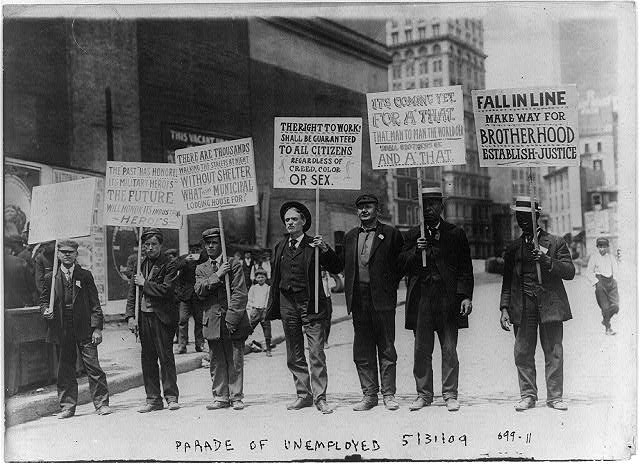The divergences developed between core and periphery within the euro area represent the main threat to the existence of the single currency and to the cohesion and stability of the EU as a whole. Without proper automatic stabilizers, a monetary union can only deliver suboptimal results, and may not even be sustainable.
If divergence and asymmetries are not dealt with through substantial EMU reform, continuing stagnation may turn greater shares of the electorate against the euro as well as the EU. Reconstruction will be blocked, and the only choice will be between orderly or disorderly deconstruction.
In recent years, various forms of common unemployment insurance have been examined as one of the possible ways to improve the functioning of the EMU through automatic stabilisation. Among the options, a partial pooling of unemployment benefit schemes stands out as the model with continuous impact and direct connection with the citizens.
The euro can only fulfil its originally articulated unifying mission if the costs and the benefits of EMU are more fairly distributed among the participating states, and if the rules of the game help boost the growth potential of all of them. To deliver this, we need a new momentum for EMU reform, with counter-cyclical fiscal capacity, and an emphasis on convergence and rebuilding social cohesion, in the focus.
Read Shared Unemployment Insurance as a pdf here
The original PDF has been slightly amended to make two minor corrections (5/11/15).
László Andor is Mercator Senior Fellow at the Hertie School of Governance (Berlin), Visiting Professor at ULB (Brussels), and former EU Commissioner for Employment, Social Affairs and Inclusion (2010-14)
Also by László Andor on PRIME, see “Europe’s quest for growth – where the EU investment agenda comes from and how to boost it”








One Response
I agree wholeheartedly with these sentiments. A single EU social insurance fund, out of which a common set of pensions and benefits are paid, is not only essential for the proper functioning of a single market, but also removes the argument of conservative nationalists in relation to the free movement of labour, about foreign workers receiving benefits out of a pot to which they have not contributed.
The arguments of conservative nationalists that all they signed up to was a single market are dissembling. In fact, Britain had signed up to the European treaties that set the course towards the establishment of the EU, several years prior to the 1975 Referendum.
Moreover, it is impossible to have a true single market, unless the conditions that apply within that single market apply equally to all participants within it. As Marx stated long ago, in relation to the need for a single set of Factory legislation, on conditions and working hours, for example, "what capital insists upon above all else is a level playing field upon which labour can be exploited."
No such level playing field can exist, if taxes in one part of such a single market are different from those which apply in other parts, if in one part of such a market, some capitals are able to gain competitiveness simply by devaluing the currency in which their commodities are denominated and so on.
Labour should be joining with other social democrats such as Syriza, Podemos and so on, to insist upon developing such further progress towards a true single market across the EU, which will require further fiscal and monetary union, which is only practical with a single EU state standing behind it.
As a Marxist, however, I would make the same point that Engels made in relation to demands for a National Insurance and social welfare state in Germany, in the Erfurt Programme, which is that we cannot place any faith in the capitalist state, when it comes to such measures. That is a fact that has been seen time and again in Britain, where when it suits the needs of capital, workers taxes having been collected, do not then get paid out in the welfare benefits they were intended to fund over the long-term.
I would much prefer as Marx and Engels proposed that workers organisations themselves come together across Europe, to create worker owned and controlled social insurance schemes, as the trades unions and friendly societies did in the 19th century. But, if social democrats did introduce a common social insurance scheme across Europe, it would be an advance on the current situation.